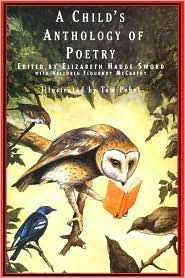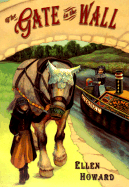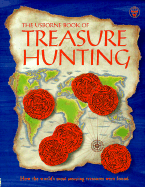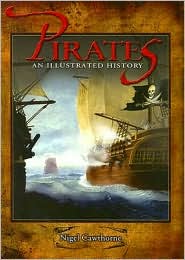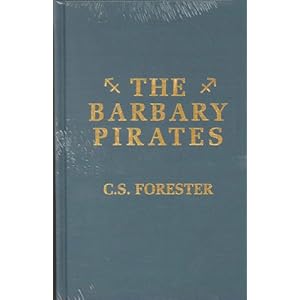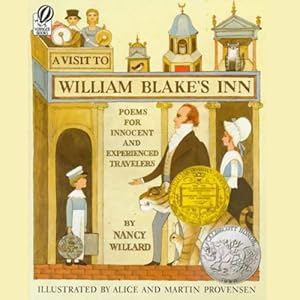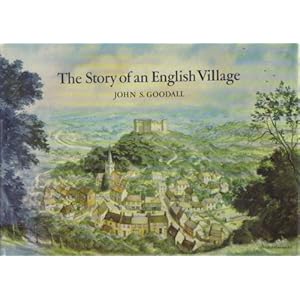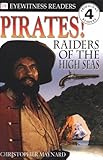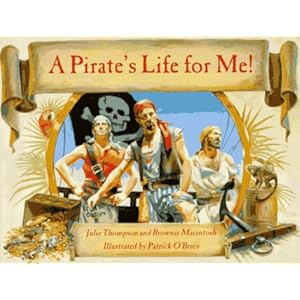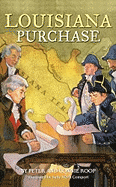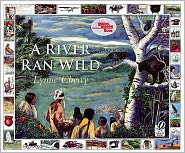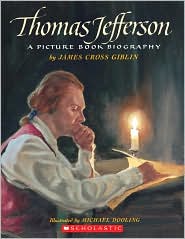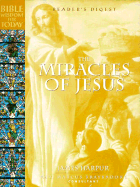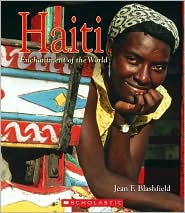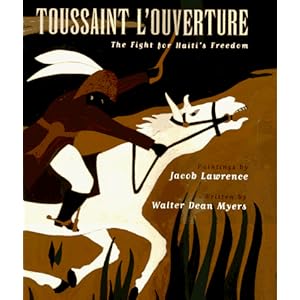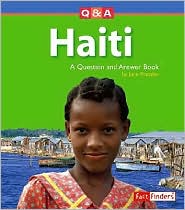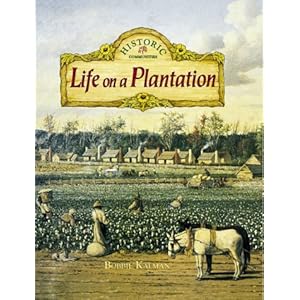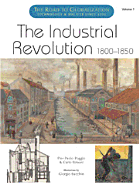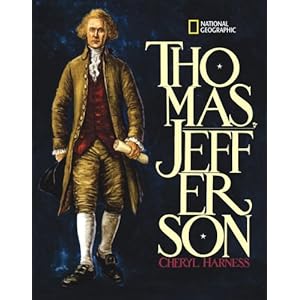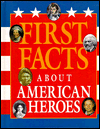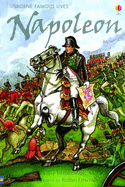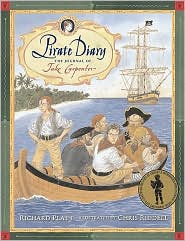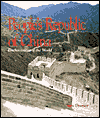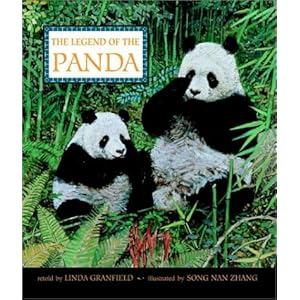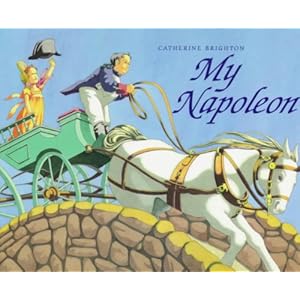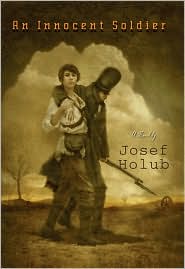(I have prepared workbook pages for use with this course and will be happy to share those, too, if anyone is interested.)
Use Parragon’s
Ultimate Atlas of the World as a reference work or for extra reading throughout the year.
Week 1:
Read Scholastic’s EverythingYou Need to Know About Geography, pages 2-7.
Read Handy Homework Helper: Geography, pages 5-7.
Complete workbook pages.
(Pages 6-29 in Ultimate Atlas go with first 10 weeks of study – about 2 ½ pages per week.)
Read Harm de Blig’s Geography Book, Chapter 1 - Library
Week 2:
Read Everything Geo, pages 8-15.
Read Homework Helper Geo, pages 8-16.
Complete workbook pages.
Blig, Chapter 2
Week 3:
Read Everything Geo, pages 16-29.
Complete workbook pages.
Blig, Chapter 3
Week 4:
Read Everything Geo, pages 30-36.
Read Homework Helper Geo, pages 17-26.
Complete workbook pages.
Read Seven Wonders of the Natural
World, Amy Graham – Library (or other and write a 2 page report on your favorite spectacular landform.) Also look through National Wonders of the World, Robert Moore, Jr.
Week 5:
Read Everything Geo, pages 37-42.
Read Homework Helper Geo, pages 27-36
Complete workbook pages.
Blig, Chapter 4
Week 6:
Read Everything Geo, pages 43-49.
Read Homework Helper Geo, pages 37-46.
Complete workbook pages.
Blig, Chapter 5
Week 7:
Read Everything Geo, pages 50-56.
Read Homework Helper Geo, pages 47-55.
Complete workbook pages.
Blig, Chapter 6
Week 8:
Read Everything Geo, pages 57-64.
Read Homework Helper Geo, pages 56-82.
Complete workbook pages.
Blig, Chapter 7
Week 9:
Read Everything Geo, pages 65-74.
Read Homework Helper Geo, pages 83-107.
Complete workbook pages.
Blig, Chapter 8
Week 10:
Read Everything Geo, pages 75-87.
Read Homework Helper Geo, pages 108-122.
Complete workbook pages.
Blig, Chapter 9
Week 11:
Read Usborne Peoples of the World pages 4-25 (intro and North America).
Mark all countries studied on large map of the world.
Complete workbook scavenger hunt using internet links.
(Ultimate Atlas pages 100-115.)
Blig, Chapter 10
Read from Material World, U.S.: pages 136-43.
Week 12:
Read Usborne World Religions pages 6-11; 48-67; 99; 104; part of 105 (intro to religions and North America)
Complete workbook scavenger hunt using internet links.
Blig, Chapter 11
Women in the Material World, pages 240-49 - Library
Week 13-14:
Read Usborne Peoples of the World pages 26-37.
Read Usborne World Religions – rest of page 105.
Work on maps of countries and do memory work for countries of South America.
(Ultimate Atlas pages 116-147.)
Women in the Material World: Brazil 40-49; Cuba 62-69; Guatemala 86-93; Haiti 94-103; Mexico 184-93.
Material World: Mexico 144-53; Latin America 106-35; Haiti 154-61.
Week 15-16:
Read Usborne Peoples of the World pages 38-49.
Work on maps of countries and do memory work for countries of Europe.
(Ultimate Atlas pages 30-97.)
Women in the Material World: Albania 12-23; Italy 130-39.
Material World: Europe 180-227; Iceland 162-69.
Week 17-20:Read Usborne Peoples of the World pages 50-65.
Read Hungry Planet: Chad, Mali, and Egypt
Read Usborne World Religions pages 100-01.
Work on Maps of countries of Africa and do memory work.
(Ultimate Atlas pages 196-217.)
Blig, Chapter 12
Week 21-24:
Read Usborne Peoples of the World pages 66-81.
Work on maps of countries of Asia and do memory work.
(Ultimate Atlas pages 148-189 – through week 28.)
Blig, Chapter 13
Women in the Material World:Bhutan 24-35; China 50-59; India 108-15; Israel 116-27; Japan 140-51; Jordan 154-65; Mongolia 194-203; Russia 206-17; Thailand 228-34 (cont. weeks 25-28)
Week 25:
Read World Religions pages 12-23; 36-47 (Asia).
Complete internet scavenger hunt in workbook.
Blig, Chapter 14
Week 26:
Read World Religions pages 80-89; 94-98 (Asia).
Complete internet scavenger hunt in workbook.
Material World: Asia 40-105; Middle East 228-247.
Week 27:
Read World Religions pages 24-35; 68-79 (Asia).
Complete internet scavenger hunt in workbook.
Week 28:
Read World Religions pages 90-93 (Asia).
Complete internet scavenger hunt in workbook.
(Ultimate Atlas – read during this week if not already completed earlier.)
Use Bramwell Map book for Asia.
Women in the Material Worldtopics: Marriage 36-39; Laundry 60-61; Work 82-85; Education 104-07; Childcare 128-29; Hair 152-53; Food 180-83; Water 204-05; Friends 226-27.
Week 29-32:
Read Usborne Peoples of the World, pages 82-91.
Read
World Religions pages 102-03.
Work on maps of countries and do memory work.
Hungry Planet: read about family from Australia.
(Ultimate Atlas 218-241.)
Use Bramwell Map book for Oceania.
Material World topics: TV 36-39; Meals 176-79; Toilets 224-27.
Week 33:
Read World Religions 116-123.
Look at/discuss time chart and map of world religions at end of Usborne Religion book.
Complete internet scavenger hunt in workbook.
Hungry Planet: read about U.S. related food issues: pages 260-278; 52-53; 92-94; 162-65; 242-43. Use McDonald’s and other charts from What the World Eats to discuss issues (these are not included in the Hungry Planet book).
Week 34:
Hungry Planet: read about North and South America: Cuba; Ecuador; Guatemala; Mexico;
Greenland.
Complete workbook questions.
Week 35:
Hungry Planet: read about European countries: Bosnia; France; Germany; Great Britain; Italy; Poland; also pages 128-29.
Complete workbook questions.
Week 36:
Hungry Planet: read about Asian countries: Bhutan; China; India; Japan; Kuwait; Mongolia; Philippines; Turkey; also pages 202-03.
Complete workbook exercise.

